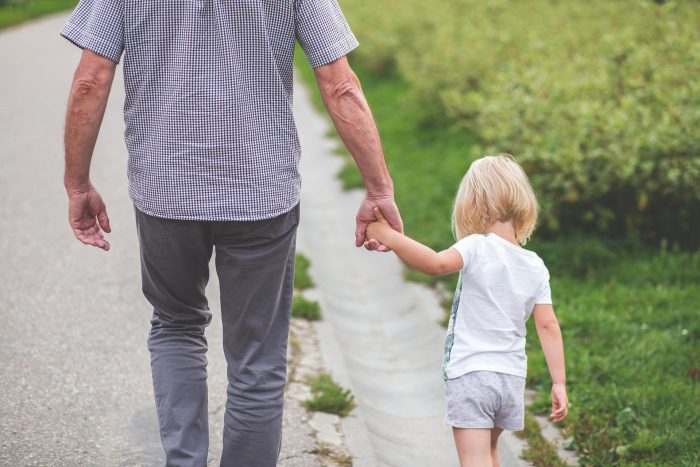By Leah S. Dunaief

Women need some good news right about now, after the Roe decision, and here it is: Women are more likely to live past 90. But there is a caveat. We have to be optimistic. Now, don’t poo poo this statement. It comes from a large study by researchers at Harvard University and was published in the Journal of the American Geriatrics Society.
Entitled, “Optimism, Lifestyle and Longevity in a Racially Diverse Cohort of Women,” the study deals with 26 years of data from almost 160,000 women between the ages of 50 and 79. All the participants were selected for their optimism with quantitative measures of testing. Researchers found that the top quarter of the women in the study with the most positive outlook would probably live 5.4% longer than the least optimistic 25% of participants. Further, the more optimistic women were 10% more likely to live past the age of 90 than the least optimistic cohort.
The link between optimism and longer lifespan could be seen across racial and ethnic groups. “Optimism may be an important asset to consider for promoting health and longevity in diverse populations,” states the article. Non-Hispanic White, Black, Hispanic/Latina and Asian, American Indian and Alaskan native women were in the group.
“A high proportion (53%) of the women [in the optimism group] achieved exceptional longevity,” according to the study. “Higher optimism was associated with longer lifespan and a greater likelihood of achieving exceptional longevity overall and across racial and ethnic groups. The contribution of lifestyle to these associations was modest. Optimism may promote health and longevity in diverse ethnic and racial groups. Future research should investigate these associations in less long-lived populations,” concludes the Journal. Francine Grodstein, ScD and Laura D. Kubzansky, PhD, were the principal researchers of the study.
Interestingly, of those tested, women with higher optimism levels were more frequently non-Hispanic White with higher education levels.
This study also suggests that optimism is “just as important as exercise when it comes to longevity.” The researchers found this to be true even when other factors like depression, chronic health conditions and racial, social and economic background were taken into account. So a positive outlook on life may be just as important as fitness—or so lazy optimists would like to believe, and based on this large study, they may be right.
Stress, on the other hand, can take a toll on mental and physical health. According to an article in this past Tuesday’s New York Times, “certain types of stress can even age your immune system.” In a study involving 5700 adults aged 50 and over, stresses like job strain, stressful life events, every day or lifetime discrimination (including sexism or ageism) and traumatic life events were cross referenced with immune cell counts from participants’ blood. Simple aging is also a stress on the immune system.
One way to prevent or minimize immune cell aging may be to minimize or do away with unhealthy habits like smoking and drinking. But all kinds of stress, we intuitively know, can effect physical health.
How do we help ourselves further reduce stress?
Taking stock of our emotions is a good place to start. Knowing and acting on what brings us joy and where we can find social support can help. “That may mean pursuing hobbies, spending time with loved ones, or unplugging from work or social media when you can,” suggests Hannah Seo, writing for the NYT. “Mindfulness practices, exercise and healthy eating habits can also help you feel good physically, which in turn can make you feel good mentally,” according to Renee Eddy, a New York City psychotherapist, quoted in the NYT.
My best defense against stress is having social support from family and friends. My son, daughter-in-law and grandson recently visited for four days, and just interacting with them was a joy. My friends call and just chatting leaves me feeling happy, not to mention more informed.
Stresses can negatively affect longevity. Joy and optimism, we are told by current research, can increase lifespan.















